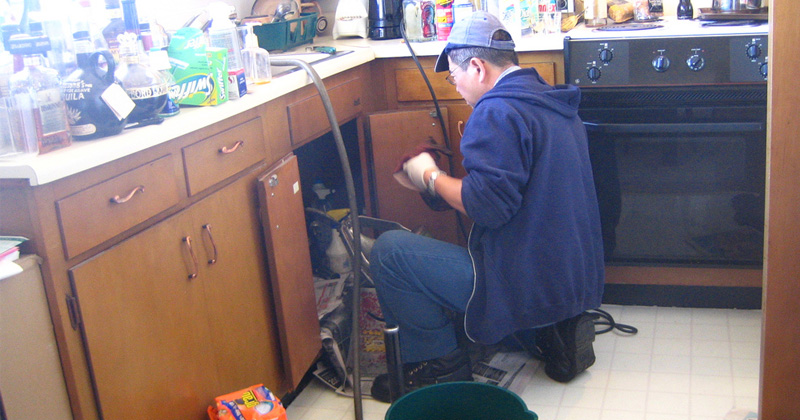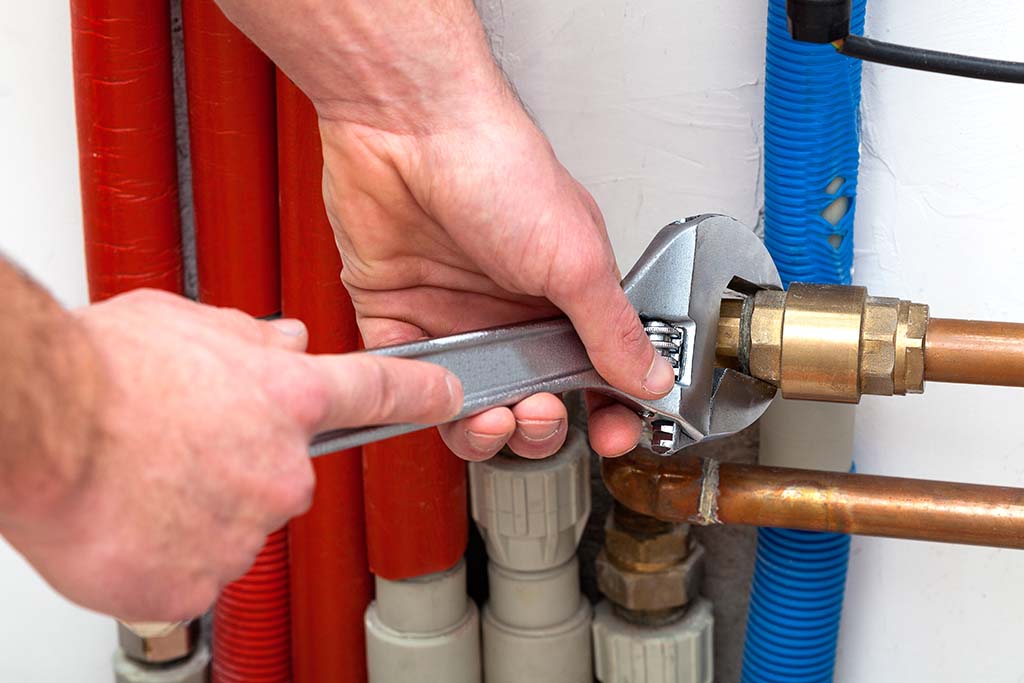The article author is making a few good pointers on the subject of Essential DIY Bathroom Plumbing Tips Every Homeowner overall in this article beneath.

For new house owners, understanding and keeping washroom pipes can conserve both money and time by stopping expensive problems down the line. Below are some vital restroom plumbing tips to help you keep every little thing running smoothly.
Familiarize Yourself with the Main Shut-Off Shutoff
Understanding where the major water shut-off valve lies in your home is important. This permits you to promptly turn off the supply of water in case of significant leaks or throughout plumbing emergencies, avoiding substantial water damage.
On A Regular Basis Check for Leaks
Small leaks can result in big problems. Regularly examine under sinks, around commodes, and near pipes fixtures for any type of indications of leaks. Seek wetness, little drips, or corrosion. Catching and fixing leakages early can stop a lot more severe damage and save water.
Don't Neglect Slow Drains
If your sink or bath tub is draining slowly, it's usually an indication of a blockage creating. Addressing this early can stop a complete clog. Utilize a bettor or a plumbing's serpent to clean out debris. Prevent using chemical drainpipe cleaners as they can harm your pipes with time.
Know What Not to Flush
Bathrooms are not waste disposal unit. Prevent purging anything aside from bathroom tissue and human waste. Products like wipes, womanly hygiene items, and cotton bud ought to be taken care of in the garbage to prevent blockages and sewage system backups.
Mount Strainers in Drains
Place strainers in your sink and bath tub drains to capture hair and other debris prior to they enter your pipes system. Cleaning the filters routinely will aid prevent accumulation and maintain water flowing easily.
Keep Your Hot Water Heater
Guarantee your hot water heater is set to a suitable temperature level (typically around 120 levels Fahrenheit) to stop scalding and minimize power usage. Flush the storage tank every year to get rid of sediment buildup, which can decrease the performance and life expectancy of your heater.
Upgrade Your Fixtures
If your home has older components, take into consideration upgrading to much more effective versions. Modern bathrooms, showerheads, and faucets are developed to utilize much less water while giving good stress, which can considerably minimize your water expense and ecological impact.
Be Cautious with DIY Pipes Services
While it's tempting to deal with all home repair work by yourself, beware with pipes. Some concerns may need specialist proficiency, especially if they include primary water lines or drain repairs. Hiring a professional can in some cases be much more economical than do it yourself, particularly if it protects against more damages.
Get Ready For Cold Weather
Safeguard your pipes from freezing throughout winter by protecting pipes in unheated areas like basements, attic rooms, and garages. Throughout severe chilly, allow cold water drip from faucets served by exposed pipelines to aid stop cold.
Schedule Regular Maintenance
Think about organizing yearly assessments with a certified plumbing. They can spot concerns that you may miss, such as hidden leakages or deterioration on pipelines and fixtures. Regular upkeep assists prolong the life of your plumbing system and can stop emergencies.
Verdict
Comprehending and maintaining your home's washroom pipes can avoid many usual issues. By adhering to these vital tips, you can guarantee your restroom remains practical and effective, saving you money and time over time.
5 Plumbing Tips for First-Time Homeowners
Know How to Shut Off the Water
In most homes, the water can be shut off at two places: at the appliance or fixture itself, and for the whole house. For instance, look under your sink or behind the toilet. See those little knobs that connect with the pipes? Those are the shut off valves for those fixtures. Simply turn them until the water is off. The main shut off valve (which controls water throughout your entire home) will be outside, where the water feeds into the structure. You might need a dedicated tool, such as a water shut-off key, to shut off the water at the main.
Build an Emergency Plumbing Kit
Everyone knows how important it is to have a high-quality plunger around the house. But there are other things that can help you out when issues arise with the pipes. Building an emergency plumbing kit to solve issues on your own is part of any list of basic plumbing tips. Consider adding these things to create a basic plumbing kit:
Adjustable wrench Tongue-and-groove pliers Screwdrivers Plumber’s tape Pipe sealant Duct tape Set of hex keys Clip light for working under cabinets Auger and hand snake Do a Little Research
Many small leaks can be handled by replacing a small part of the piping system, tightening part of a faucet, or even changing out an aerator. Take the time to browse how-to articles for common plumbing problems, such as a running toilet or slow-draining sink. You might be surprised to find how easy it can be to do simple things yourself, like replace a valve in the back of the toilet.
Keep it Simple With No Chemicals
If you have a clog, you might be tempted by the promises of liquid drain cleaner. While this might work at first, it actually causes more damage deep in the pipes, eventually creating even more problems down the road.
Instead, try using baking soda and vinegar to create a strong fizzing effect that can help break up clogs and clear gunk from drains. Follow it with boiling water to clean the pipes even more thoroughly.
Take Care of Your Garbage Disposal
Be cautious about what you put down the disposal. Avoid pouring in fats, oils, and grease, as these are a surefire way to get a clog. Beware of certain foods too, such as celery or bones, as they can lodge in the works. Always run the disposal with water flowing.
https://modernize.com/homeowner-resources/other/10-plumbing-tips-for-first-time-homeowners

Visit Site